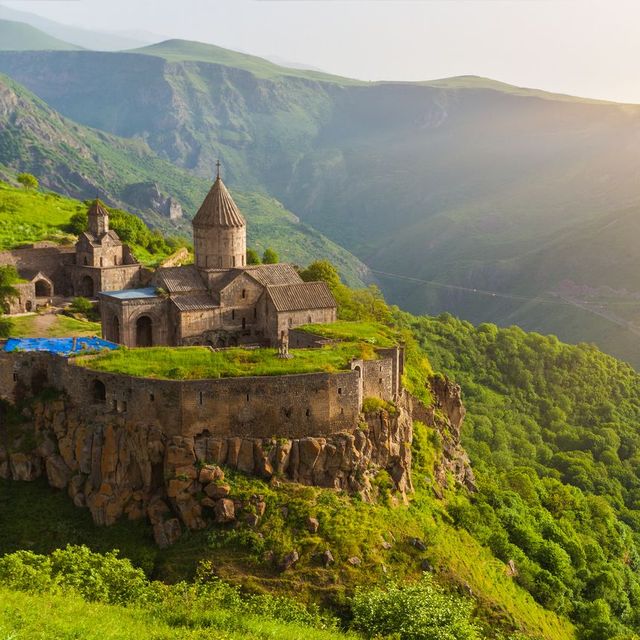
Best of the Caucasus
Georgia, Armenia, Azerbaijan
Culture | Silk Road
Charms & contradictions of Azerbaijan, Georgia & Armenia
£3,395 pp
This is the per person group tour price, based on 2 sharing. The price is subject to change with exchange rate and flight cost fluctuations.
15 days
2026:
05 June, 01 September, 09 October
More

